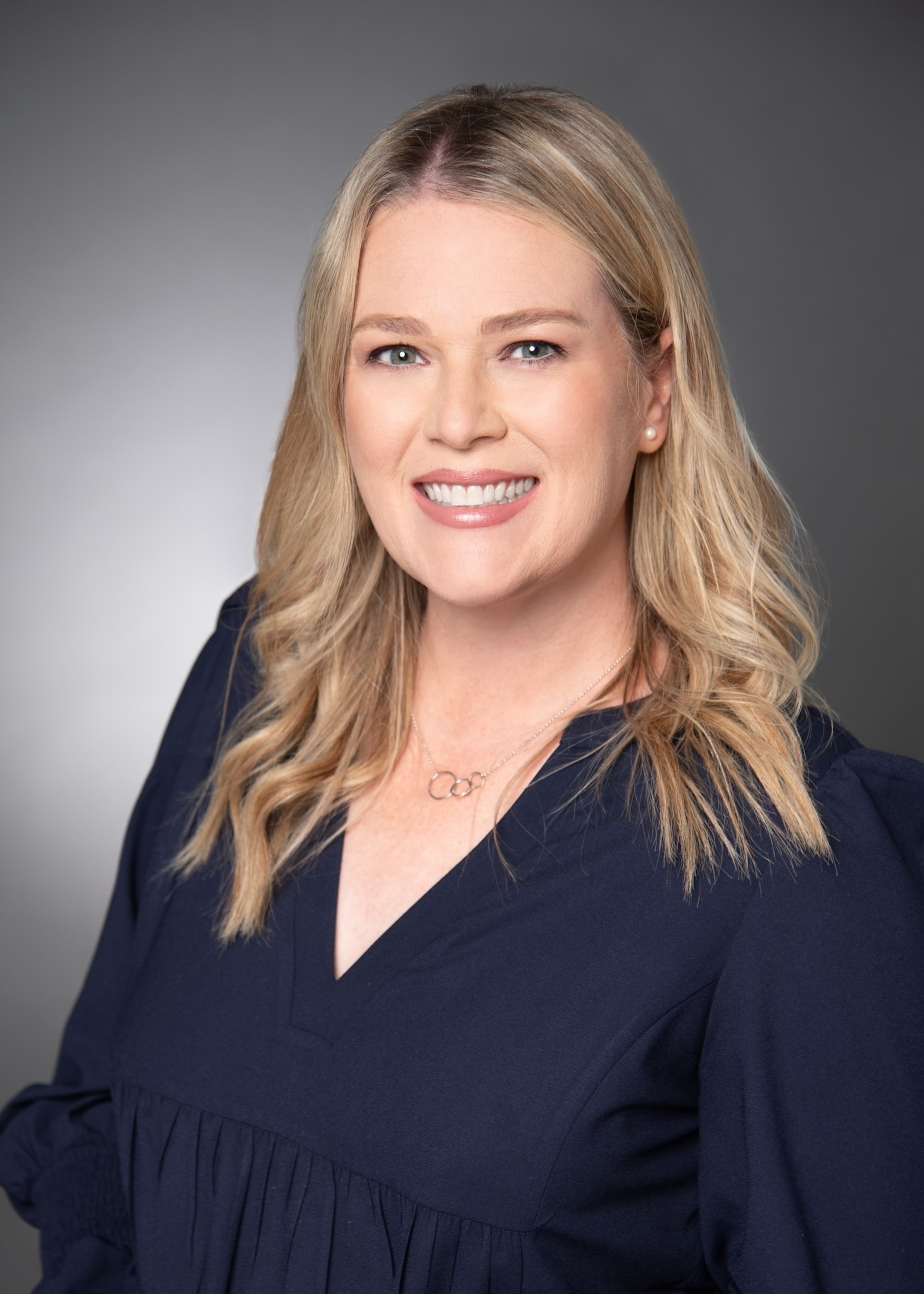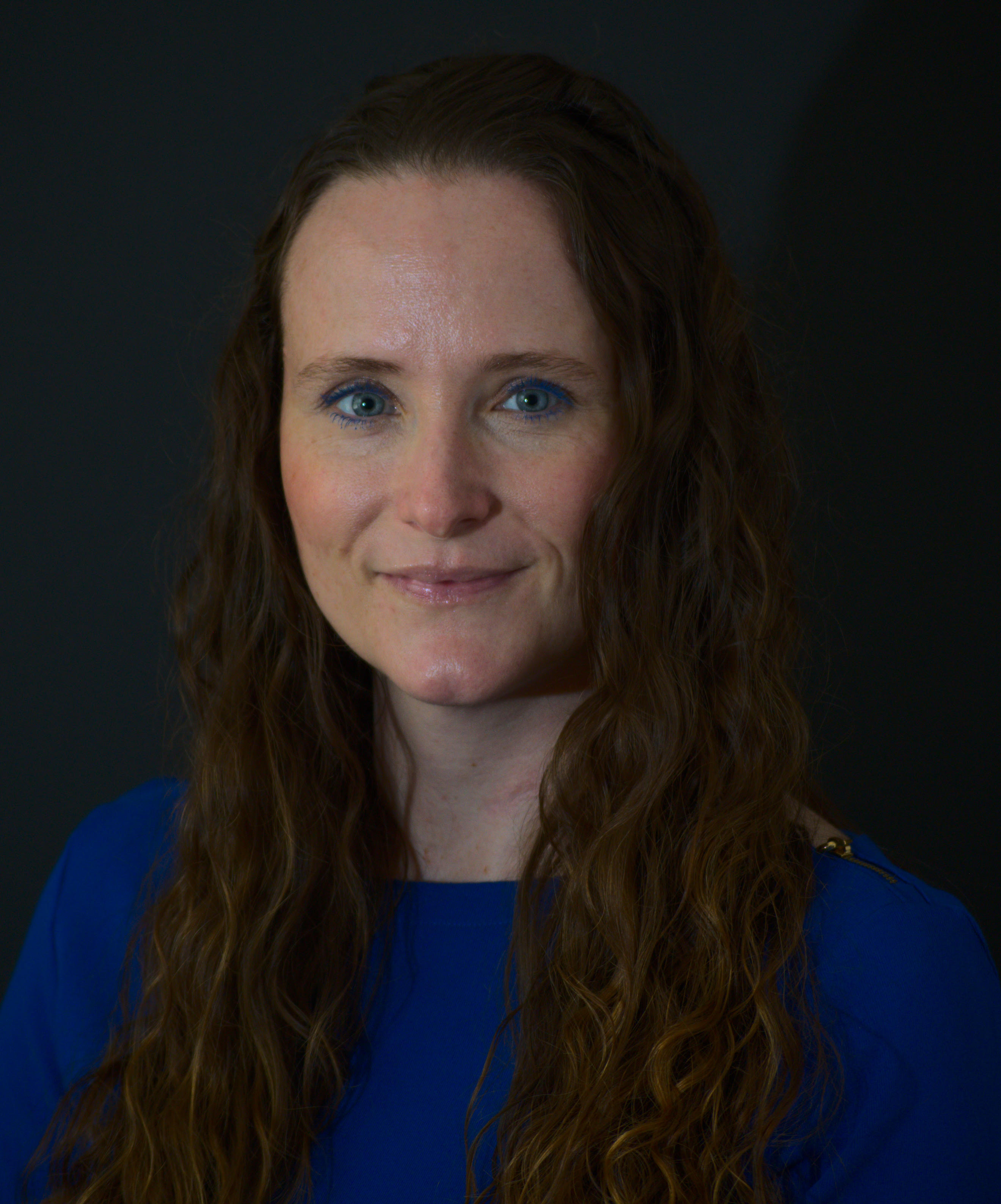Master of Education with a Major in Professional Counseling
The M.Ed. in Professional Counseling is designed for graduate students preparing for employment as professional counselors in schools, community agencies, and colleges or universities or for careers in college student services in colleges and universities. Two options of study, School Counseling and Clinical Mental Health Counseling are available.
For more information, please see the Academic Catalog. A program sheet, which provides a required coursework sequence, is available for download in the Courses tab below.
The M.Ed. in Professional Counseling is designed for graduate students preparing for employment as professional counselors in schools, community and clinical agencies, and colleges/universities. Two options of study, School Counseling and Clinical Mental Health Counseling are available. The School Counseling program consists of a minimum of 60 semester hours (2 years or 6 semesters of full-time study). The Clinical Mental Health Counseling program consists of a minimum of 60 semester hours (2-1/2 years or 7 semesters of full-time study). A student will receive faculty endorsement only for the relevant option and plan of study completed.
Plan of Study: Clinical Mental Health and School Counseling Program of Study Sheet
Program Handbook: MED Professional Counseling Graduate Student Handbook
Program Location
Carrollton Campus
Method of Delivery
Program is partly online and is housed at the UWG main campus in Carrollton, GA.
Accreditation
The University of West Georgia is accredited by The Southern Association of Colleges and Schools Commission on Colleges (SACSCOC).
This program is accredited by the Council for Accreditation of Counseling & Related Educational Programs (CACREP).
Credit and transfer
Total semester hours required: 60
A transfer credit evaluation will be completed by the UWG Transfer Team (transfer@westga.edu). Course application to a program is subject to review by the department.
Graduate students may be able to reduce their cost through prior learning, previous degrees earned at UWG, or transfer credits. We have created a tool to help students estimate their tuition costs.
Program is partly online and is housed at the UWG main campus in Carrollton, GA.
This program may be earned more than 50% online but not entirely online - multiple campus visits are required (varying by course).
Save money
UWG is often ranked as one of the most affordable accredited university of its kind, regardless of the method of delivery chosen. In addition, online courses and programs can mean a cost-savings in many non-evident ways: No more high gas charges. No childcare needed. The flexibility can allow one to maintain a job while attending school. Regardless of state residency, out-of-state non-resident students are not charged non-resident tuition for online course credit hours.
Details
- Total tuition costs and fees may vary, depending on the instructional method of the courses in which the student chooses to enroll.
- The more courses a student takes in a single term, the more they will typically save in fees and total cost.
- Face-to-Face or partially online courses are charged at the general tuition rate and all mandatory campus fees, based on the student's residency (non-residents are charged at a higher rate).
- Fully or entirely online course tuition rates and fees my vary depending on the program. Students enrolled in exclusively online courses do not pay non-Resident rates.
- Together this means that GA residents pay about the same if they take all face-to-face or partially online courses as they do if they take only fully online courses exclusively; while non-residents save money by taking fully online courses.
- One word of caution: If a student takes a combination of face-to-face and online courses in a single term, they will pay both all mandatory campus fees and the higher eTuition rate.
- For the cost information, as well as payment deadlines, see the Student Accounts and Billing Services website
There are a variety of financial assistance options for students, including scholarships and work study programs. Visit the Office of Financial Aid's website for more information.
Coursework
Program is partly online and is housed at the UWG main campus in Carrollton, GA.
Downloads
General
An introduction to selected, prominent counseling theories. Focus is on relating theory to practice and on comparing and contrasting the key concepts, techniques, counselor and client roles, counselor-client relationships, methods of assessment and the contributions and limitations of each theory.
An overview of basic, therapeutic interviewing skill building through practice and feedback to develop personal strengths in counseling. This course also provides students with an orientation to professional counseling organizations, the developmental history of the counseling profession, as well as ethical, legal and professional issues.
Methods for the assessment of individuals in counseling will be taught, including clinical interviewing techniques, mental status exam, use of the APA Diagnostic and Statistical Manual (DSM), test selection, administration, scoring, interpretation, and reporting of results. Selection and interpretation of assessment tools appropriate for community and school settings will be addressed.
Studies that provide both theoretical and experiential understandings of group purpose, development, dynamics, counseling theories, group counseling methods and skills, and other group approaches. This course also includes 10 hours of experience as a group member.
This course is a foundational course to prepare school counselors as leaders who strengthen elementary, middle and secondary education and also serve as effective change agents in a multicultural environment. The content of the course includes an overview of the functional skills necessary for the delivery of a school counseling program and the principles underlying the work of the school counselor. Emphasis is placed upon the role of the counselor as an advocate for student success in school and life. Professional skills in six arenas - advocacy, brokering of services, collaboration, counseling, effective use of data, and leadership, are introduced. Technology will be integrated throughout the course.
The counseling internship is designed to give candidates an opportunity to continue integrating and applying the awareness, knowledge, and skills learned throughout the counseling training program. Candidates will deliver counseling services in a field setting, and receive supervision of their work in biweekly group seminars for discussion of on-site issues, ethical issues, professional development, tape presentations, in-service training, and participation in peer supervision. A minimum of 600 on-site hours (240 direct service) for internship is required. CEPD 6182 Prerequisites: CEPD 6188 and College of Education Field Experience Application approval required.
This course emphasizes supervision of individual and group counseling and guidance conducted in field settings. Special attention is paid to the development of skills, interventions, and brokering of services. The foundation for the course is brief counseling approaches. A return to campus for individual supervision is a requirement of the course. A minimum of 150 hours is required. CEPD 6188 Prerequisites: CEPD 6131, CEPD 6140, CEPD 6160 and College of Education Field Experience Application approval is required.
This graduate course is a study of human growth and development from birth through aging and death. The course focuses on areas of physical, cognitive, social, personality, and emotional development as a series of progressive changes resulting from the biological being's interactions with the environment. Special emphasis is placed on the development characteristics of school age youth within a multicultural and diverse society.
This course is designed to help students in a master's level or higher curriculum become competent in the use of educational and occupational information in counseling-related activities. Particular emphasis will be placed on how information is processed in planning, establishing and managing careers from a life-span perspective.
This course focuses on encouraging the unique development and emotional growth of children through the process of counseling. The content of the course introduces a distinct group of interventions including play and communication skills as integral components of the therapeutic process. A major focus of the course involves instructional and experiential opportunities for the student counselor to develop skills that provide children with appropriate developmental materials and facilitate a safe relationship for the child to express models that can be applied to elementary age children.
An examination of selected issues relevant to understanding multicultural lifespan differences, counseling process and practice.
Studies that provide an understanding of professional roles and functioning of counselors and the application of ethical and legal considerations in professional counseling.
This course emphasizes 'theory to practice' by providing experiences that allow students to assess and develop their personal leadership while emphasizing the values, knowledge and skills required for effective advocacy and brokering of services through consultation and collaboration Special emphasis is placed on the development of skills in planning, organizing, coordinating and delivering programs that generate systematic change. Use of data to identify needs, remove barriers and mobilize resources from schools and communities in order to increase options for students and clients are primary themes throughout the course.
This course is designed to provide counselors with the research knowledge and skills necessary to evaluate individual and group counseling interventions, as well as educational programs. An emphasis will be placed on the collection and use of quantitative and qualitative data to evaluate programs. Counselors in training will also learn how to communicate data and findings to others to effect change and to act as advocates for students/clients.
An overview of communication and technology as it relates to teaching and learning. This course includes the design, production and utilization of materials and operation of audiovisual equipment and microcomputers. This course will meet the Georgia Technology certification requirement.

Carey C. Crawford
Assistant Professor
Morgan Jenkins, PhD, LPC, ACS
Clinical Assistant Professor
Kyndel Tarziers
Assistant Professor
Julia Whisenhunt, Ph.D., LPC, NCC, CPCS
Professor of Counselor Education & Assistant Department Chair of CHSGuidelines for Admittance
- All graduate applicants must complete the online Graduate Application. A current application fee of $55 is required.
- Applicants should also review the Graduate Studies Website for individual program specific requirements and tasks that must be completed prior to admission. See Graduate Studies Application Process.
- International applicants are subject to additional requirements and application deadlines. See Procedures for International Students.
- Official transcripts from all post-secondary schools attended are required and should be sent directly to the UWG Graduate Admissions Office.
Program Specific Admittance Guidelines
Please review the admission requirements for your specific concentration option.
Application Deadlines
Specific Graduate Admissions Deadlines are available via the Graduate School
Admission Process Checklist
The Graduate Studies Application Process checklist is available here
One exception: If you will not ever be traveling to a UWG campus or site, you may apply for an Immunization Exemption. Contact the Immunization Clerk with your request.
Contact
Graduate Admissions
Phone: 678-839-1394
graduate@westga.edu
Specific dates for Admissions (Undergraduate Only), Financial Aid, Fee Payment, Registration, Start/End of Term Dates, Final Exams, etc. are available in THE SCOOP.
Specific Graduate Admissions Deadlines are available via the Deadlines page
Mission Statement:
The Counselor Education Program at the University of West Georgia provides educational excellence in a personal environment through:
- challenging and supporting personal and professional development of students and faculty;
- promoting evidence-based practice;
- teaching from a knowledge base grounded in research;
- affirming diversity of ideas, values and persons;
- upholding the highest ethical principles in professional conduct;
- communicating new knowledge and ideas through applied research; and
- engaging in collaborative relationships with colleagues, institutions, and communities.
We are committed to the education of exemplary practitioners through adherence to the highest professional preparation standards.
Learning Objectives:
(1) Candidates will demonstrate professional dispositions consistent with the field of professional counseling, as measured by an average rating of "proficient" or higher on a summative administration of the Professional Dispositions and Behaviors Rubric.
(2) Candidates will demonstrate professional skills consistent with the field of professional counseling, as measured by an average rating of "proficient" or higher on a summative administration of the Field Placement Evaluation.
(3) Candidates will know the major concepts, theories, and practices articulated in current counselor preparation standards, as measured by a passing score on the Counselor Preparation Comprehensive Examination (CPCE).
